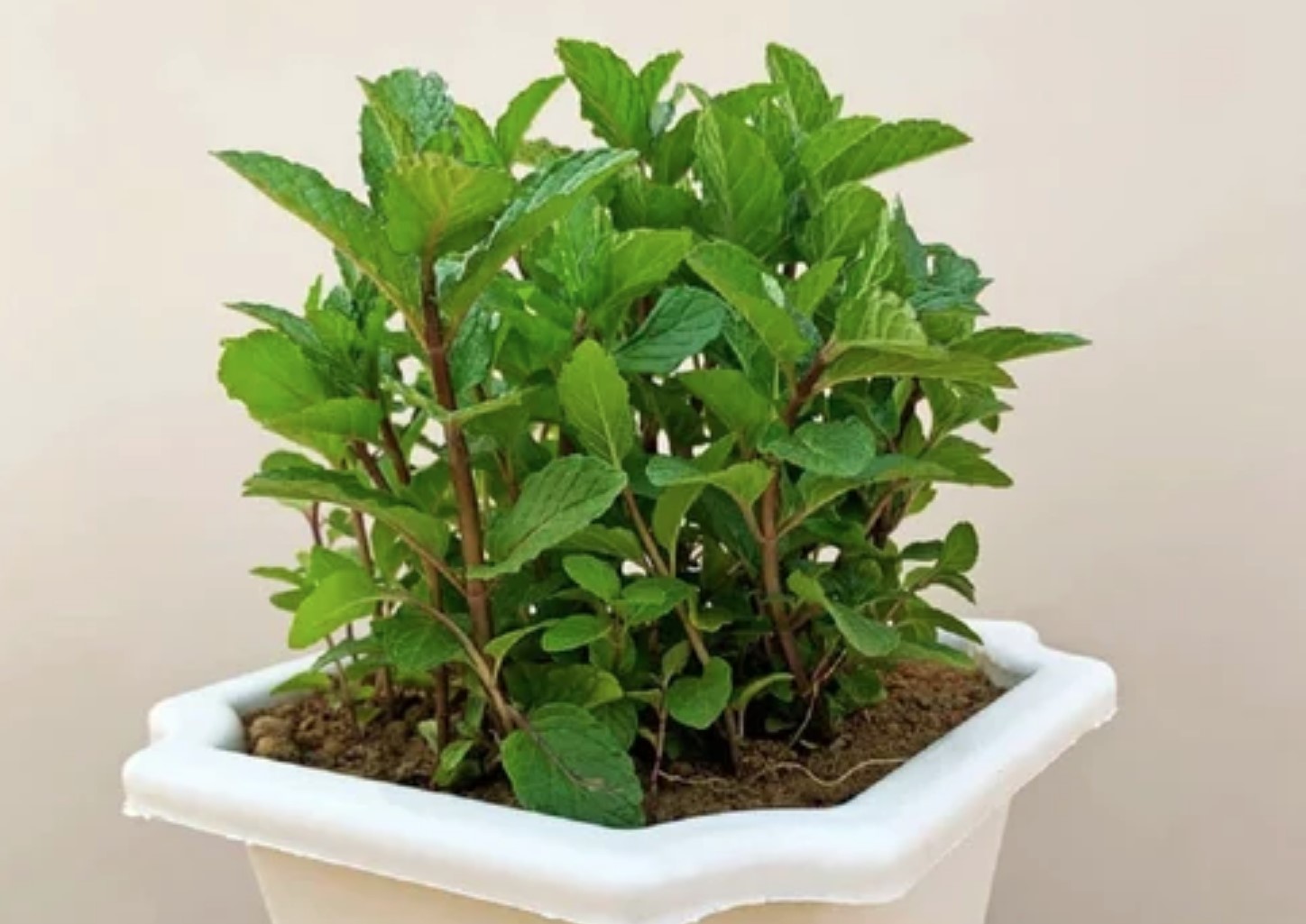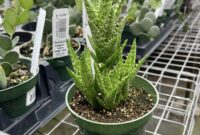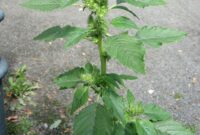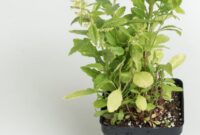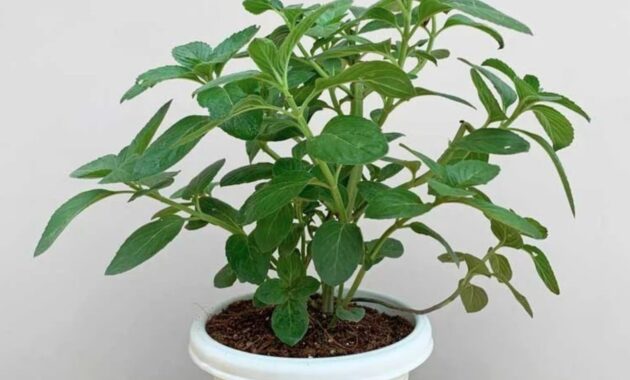
What is Mentha Arvensis?
Mentha arvensis, commonly known as wild mint or field mint, is a perennial herb belonging to the Lamiaceae family. Native to Europe, Asia, and North Africa, it has been utilized for centuries in traditional medicine and culinary practices. This versatile plant offers a wide array of health benefits and has numerous applications, from medicinal uses to culinary delights.
Mentha Arvensis Health Benefits
Mentha arvensis has been valued for its numerous health benefits. Some of the key benefits include:
- Digestive Health: It aids in digestion, relieves indigestion, and reduces bloating.
- Respiratory Health: It can help alleviate respiratory issues like cough, cold, and bronchitis.
- Pain Relief: It possesses analgesic properties and can help relieve headaches and muscle pain.
- Mental Health: It has calming effects and can help reduce stress and anxiety.
- Skin Health: It can soothe skin irritations, reduce acne, and promote healthy skin.
Mentha Arvensis Essential Oil
Mentha arvensis essential oil, extracted from the plant’s leaves and stems through steam distillation, is highly concentrated and used in aromatherapy, cosmetics, and medicinal products. It offers a range of benefits, including:
- Stress Relief: It can help reduce stress and promote relaxation.
- Pain Relief: It can alleviate headaches, muscle pain, and joint pain.
- Skin Care: It can soothe skin irritations, reduce acne, and promote healthy skin.
- Respiratory Health: It can help relieve congestion and respiratory infections.
Mentha Arvensis Cultivation
Mentha arvensis is relatively easy to cultivate at home. Here are some tips for growing this herb:
- Soil: Plant it in well-drained, fertile soil.
- Sunlight: It prefers partial shade to full sun.
- Watering: Keep the soil consistently moist but not waterlogged.
- Propagation: It can be propagated through stem cuttings or division.
Mentha Arvensis Herbal Medicine
Mentha arvensis has a long history of use in traditional medicine. It is often used to treat a variety of ailments, including:
- Digestive disorders
- Respiratory infections
- Headaches
- Muscle pain
- Skin conditions
Japanese Mint (Mentha Arvensis)
Mentha arvensis is commonly known as Japanese mint in many parts of Asia. It is widely used in Japanese cuisine, particularly in teas and desserts. It is also used in traditional Japanese medicine to treat various health conditions.
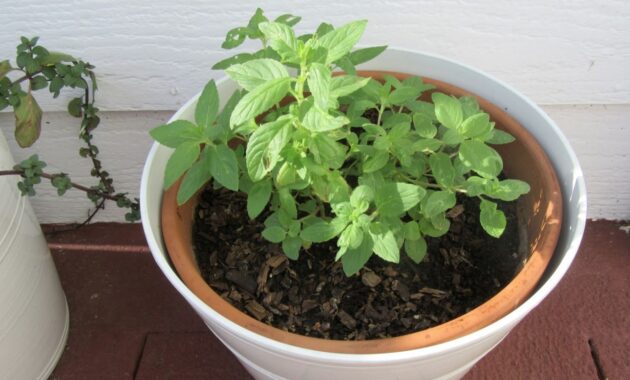
Mentha Arvensis Plant Care
To ensure healthy growth, it is essential to provide proper care for Mentha arvensis plants. This includes:
- Regular Watering: Keep the soil consistently moist, especially during dry periods.
- Fertilizing: Apply a balanced fertilizer once or twice a year.
- Pruning: Prune the plant regularly to maintain its shape and encourage new growth.
- Pest and Disease Control: Monitor for pests and diseases and take appropriate measures to control them.
Mentha Arvensis in Ayurveda
In Ayurveda, Mentha arvensis is known as Pudina and is considered a cooling herb. It is used to treat a variety of health conditions, including indigestion, bloating, headaches, and skin disorders.
Wild Mint Uses and Benefits
Wild mint, or Mentha arvensis, has been used for centuries for its numerous benefits. It is used in:
- Culinary Applications: It is used to flavor foods, beverages, and desserts.
- Medicinal Purposes: It is used to treat various health conditions, as mentioned earlier.
- Aromatherapy: Its essential oil is used in aromatherapy to promote relaxation and relieve stress.
Mentha Arvensis vs Mentha Piperita
Mentha arvensis and Mentha piperita, or peppermint, are closely related species. However, they have distinct characteristics and uses. Mentha arvensis is generally milder in flavor and has a more calming effect, while Mentha piperita is stronger and has a more stimulating effect.
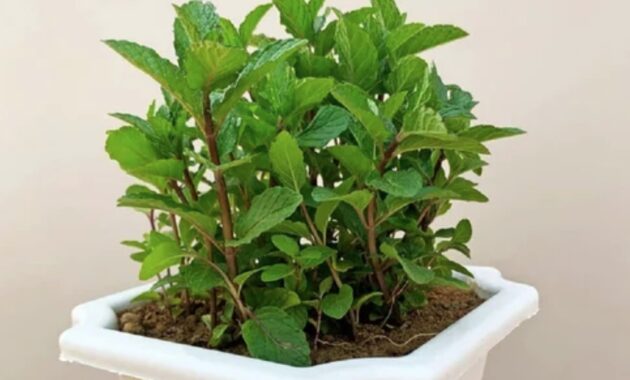
Growing Mentha Arvensis at Home
Growing Mentha arvensis at home is a rewarding experience. It can be grown in pots or directly in the ground. Here are some tips for growing it at home:
- Choose a Suitable Location: Select a location with partial shade and well-drained soil.
- Prepare the Soil: Enrich the soil with compost or well-rotted manure.
- Plant the Herb: Plant the herb in early spring.
- Water Wisely: Keep the soil consistently moist, but avoid overwatering.
- Maintain Your Mint: Prune your wild mint regularly to encourage bushier growth.
Conclusion
Mentha arvensis, with its versatile applications and numerous health benefits, has been a valuable herb for centuries. From its culinary uses to its medicinal properties, this plant continues to captivate people worldwide. By understanding its various benefits and cultivation techniques, you can harness the power of this amazing herb.
FAQs
- Can I consume Mentha arvensis directly from the plant?
Yes, you can consume fresh Mentha arvensis leaves by adding them to salads, teas, or other dishes. However, it’s important to use them in moderation as excessive consumption may lead to digestive issues. - Are there any side effects of using Mentha arvensis?
While Mentha arvensis is generally safe for most people, excessive consumption may lead to digestive issues, such as heartburn and diarrhea. Pregnant women and individuals with specific medical conditions should consult with a healthcare professional before using Mentha arvensis. - How can I store fresh Mentha arvensis?
To store fresh Mentha arvensis, wrap the stems in a damp paper towel and place them in a plastic bag. Store the bag in the refrigerator to keep the herb fresh for several days. - Can I use Mentha arvensis essential oil directly on my skin?
It’s recommended to dilute Mentha arvensis essential oil with a carrier oil before applying it to your skin. Undiluted essential oil can irritate the skin. Consult with an aromatherapist for proper usage. - How often should I use Mentha arvensis tea?
You can drink Mentha arvensis tea 2-3 times a day. However, it’s important to listen to your body and adjust the intake as needed. Excessive consumption may lead to adverse effects.
